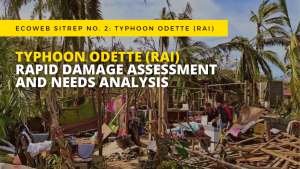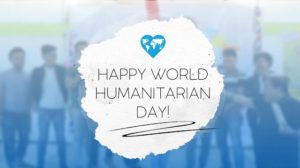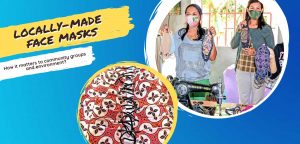EcoWEB conducted a community-based livelihood vulnerability adaptation and analysis resiliency planning in barangays Bacayawan and Lininding, Municipality of Munai, Lanao del Norte last October 22-25 and October 28-30, 2019 under the project ‘Enhancing Local Capacity on Community-Based DRRM for Typhoon Vinta-Affected Barangays in Munai and Salvador’ in partnership with AWO International.

The training was participated by a total of 43 individuals from barangay Bacayawan and 38 individuals from barangay Lininding with representation from different sectoral groups such as youths, women, farmers, business owners, barangay local government officials and line committees such as the purok leaders and Barangay Peace Action Team (BPAT), and some male combatants from Moro Islamic Liberation Front (MILF).

Since the project aims to improve the DRRM capacity and increase the resilience of the communities affected by the typhoon, the said training is the first step for the community to have a deeper understanding on mitigating and preventing disasters, and understanding the context of inclusivity and sustainable livelihoods.
Basically, the training sets an avenue for the community to understand different kinds of assets and plot out different resources and measures in sustaining their livelihoods at par with mitigating risks and disasters. The participants were also given background on how to identify vulnerabilities and challenges that could affect their way of living and how it could have a negative impact on their existing resources.


Through this training, the participants were given the opportunity to have an idea of different frameworks to conceptualize livelihoods in a holistic way, reflect on how they could manage their family’s daily time routines and track down possible interventions that could trigger positive change that will course through resilience building, with or without any disasters.
Further, the training aims to balance the communities’ ideas and further its proactive actions especially on various discussions such as understanding their implications for adaptation to climate change, strengthening markets for investments, meeting the demands for improving skills in different government programs and other external projects and services, capacitating the communities in designing and implementing climate adaptation programs in the context of livelihood and honing them to inject a participatory, gender-responsive and socially inclusive adaptation planning.
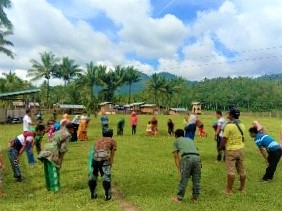

Lastly, since most of the participants are engaged in farming which makes them think is the prime act to prevent disasters at par with having long-term livelihood project, the inclusive planning was represented by how the participants could set goals in implementing actions and plans that are to be acted upon in the future.


Plans of each barangay include a pilot planting for a different crop and introduce a new system of crop production, pursuing to tap and link barangay local government unit to the national government for support, and conducting a soil testing and analysis with the support from Municipal Agriculture Office.
The participants also expressed the immediate need of inviting experts for capacitating every farmers to practice mitigation methods in protecting the crops and plants from disasters and developing new farming methods and strategies.
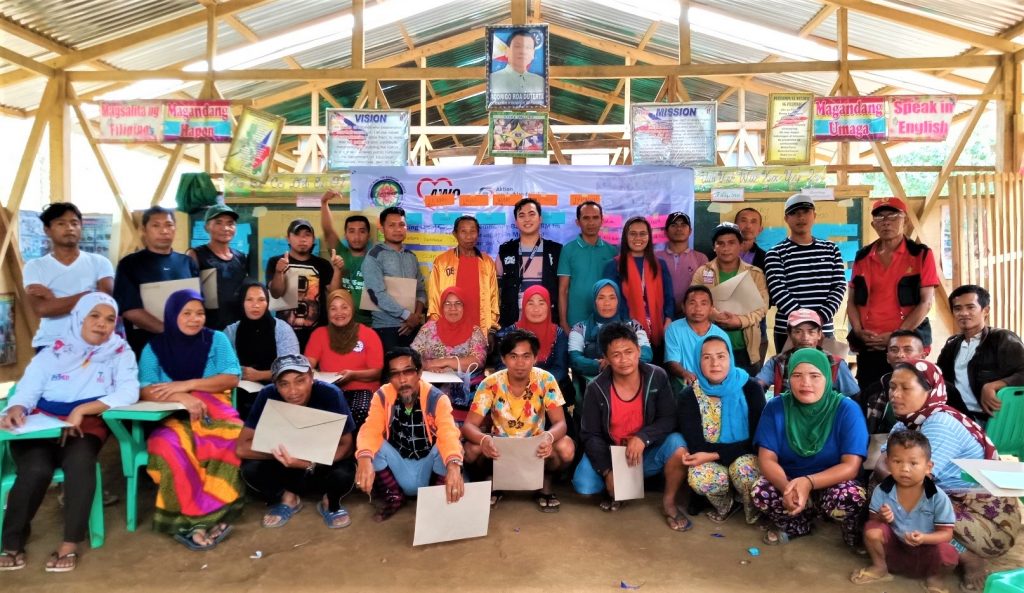
Read the short summary of AWO International Southeast Asia humanitarian aid and disaster risk reduction assistance to the Philippines here: http://www.awo-southeastasia.org/projects-southeast.html


